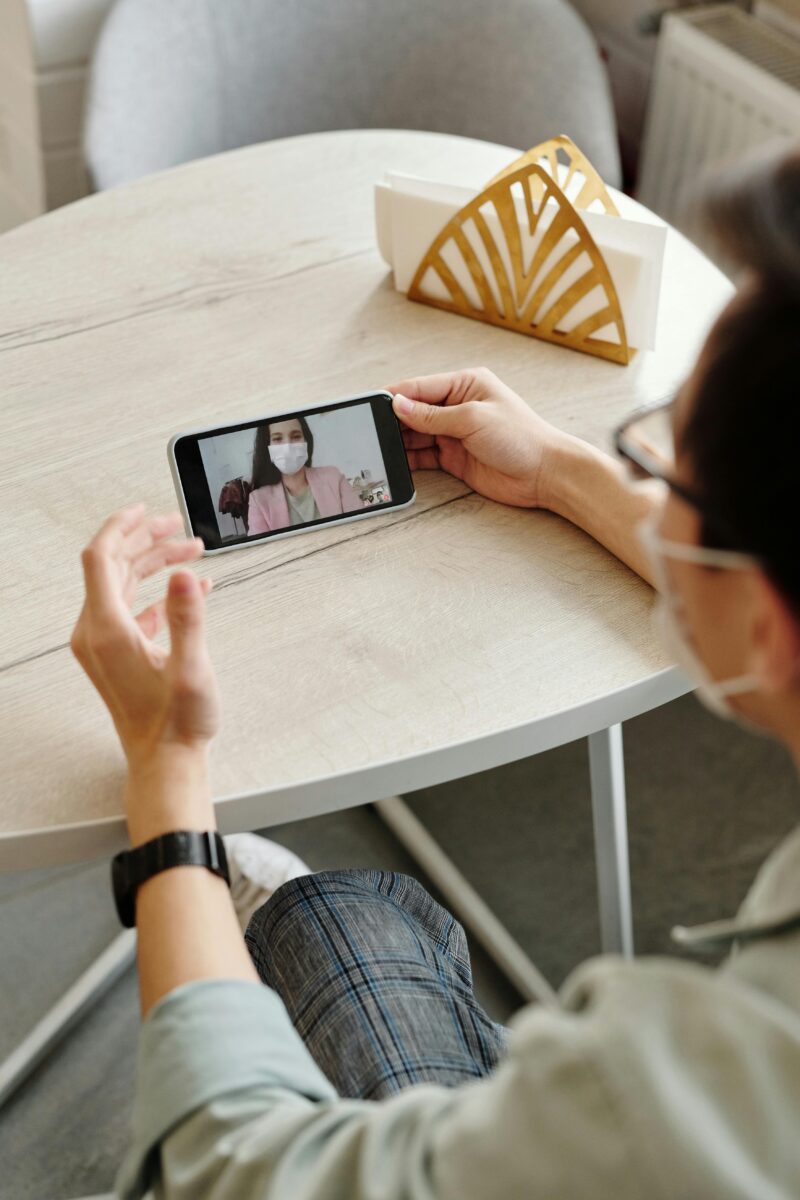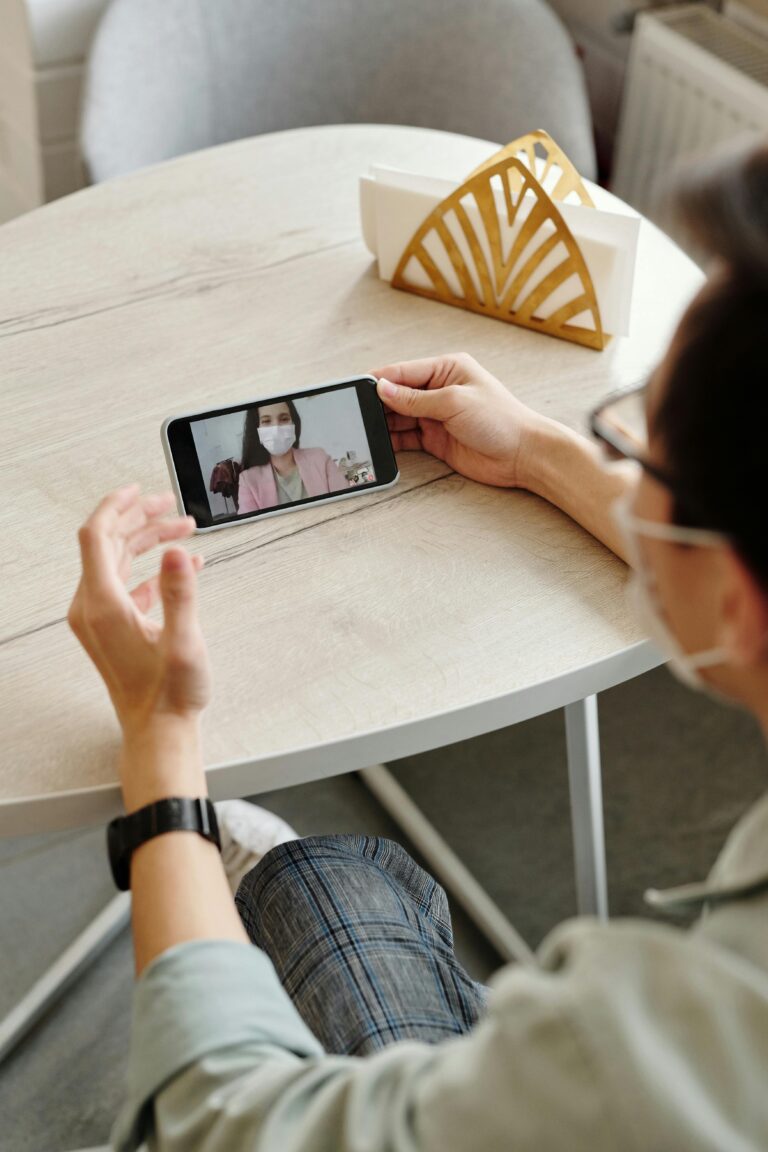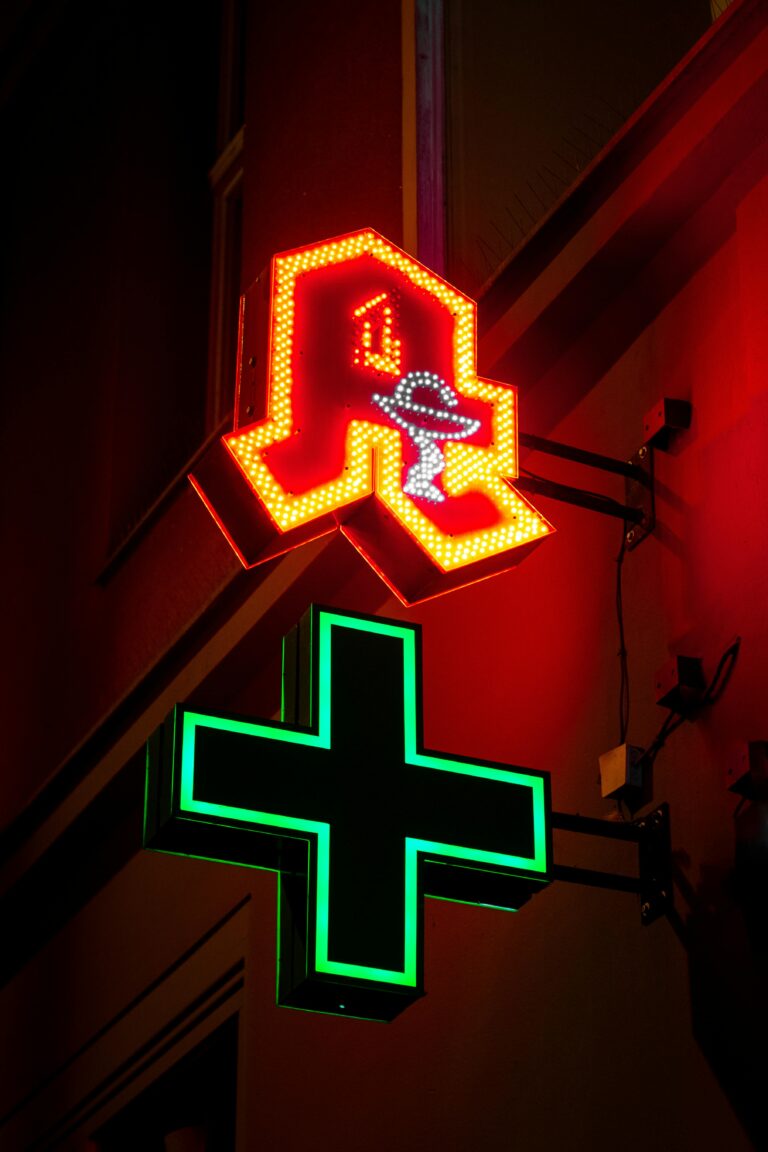Pharmacies and Urgent Care in Argentina
24-Hour Pharmacies and Urgent Care in Argentina: A Complete Guide for Tourists
Traveling is exciting until something unexpected happens: a headache, a bad stomach, a sudden fever, or a scraped knee during an adventure. For travelers visiting Argentina, knowing how to handle minor health issues can make a huge difference between a ruined trip and a quick recovery. This guide is designed to help you understand where to find 24-hour pharmacies, how the Argentine healthcare system works, and what to do if you need urgent care or a doctor near you during your stay.
Understanding Argentina’s Healthcare System: Public vs Private
Argentina has one of the most accessible healthcare systems in Latin America, which can be reassuring for visitors. The system is divided into public and private sectors, and both are available to tourists, although the experience and cost can vary.
Public hospitals are free of charge for everyone, including foreigners. This is great if you are traveling on a tight budget, but be prepared for long wait times and busy emergency rooms, especially in big cities like Buenos Aires, Córdoba, or Rosario. Most doctors in public hospitals speak only Spanish, so having a translator app or a local friend can help.
Private healthcare, on the other hand, is very popular among tourists and locals who prefer quicker service and more comfort. Many private clinics have modern facilities, shorter wait times, and English-speaking doctors. The cost for a private consultation usually ranges from 30 to 50 US dollars, which is significantly cheaper than in the US or Europe.
If you have travel insurance, check if it covers private care in Argentina. Many policies do, and you can often pay upfront and get reimbursed later.

What If You Need Urgent Care?
Accidents and sudden illnesses happen, no matter how careful you are. If you feel seriously ill or have a minor emergency that cannot wait, you have several options:
- Visit a private urgent care clinic. These are called “guardias” and are similar to walk-in clinics in other countries. Many operate 24 hours a day and handle a wide range of cases, from cuts and fevers to minor fractures.
- Call a doctor to your hotel or Airbnb. Some private doctors offer home visits. This is common in big cities and can be arranged through your accommodation or local online platforms.
- Book an online consultation. Telemedicine is becoming very popular. Services like TravelDoc allow you to talk to a qualified doctor online and get a prescription if needed. This is perfect if you prefer to avoid hospitals or if your issue is not severe.
- Go to a public hospital. In life-threatening situations, this is the best option. Emergency services are available for everyone and are free. Dial 107 for an ambulance in Argentina.
When searching for help, typing doctor near me or urgent care near me in Google Maps will show clinics and hospitals closest to your location.
Finding 24-Hour Pharmacies in Argentina
In Argentina, you can buy many over-the-counter medicines at any pharmacy. In big cities, it is easy to find pharmacies open 24/7. These are usually marked by a bright green neon cross.
In Spanish, these are called “farmacias de turno” or “farmacias 24 horas”. They rotate shifts to ensure at least one is open at all times in each neighborhood. If you’re unsure where to go, your hotel reception or a local can help you find the closest one. Google Maps is also reliable for this. Just search pharmacy near me and check opening hours.
In more rural areas or small towns, finding a 24-hour pharmacy can be trickier. Plan ahead if you are traveling outside the main cities. Bring basic medicines like painkillers, stomach relief tablets, or allergy medication in your travel kit.
Common Infections Among Tourists and How to Deal with Them
Nobody wants to spend their holiday feeling sick. However, certain health issues are quite common among travelers in Argentina. Knowing what to expect can help you act quickly and avoid complications.
1. Traveler’s Diarrhea:
This is probably the most common complaint. Changes in diet, unfamiliar bacteria, or eating street food can cause stomach upsets. To prevent it, drink bottled water, avoid raw foods in places you do not trust, and wash your hands frequently.
If you get mild diarrhea, rest and stay hydrated. Pharmacies sell electrolyte powders and antidiarrheal medications. If you have severe symptoms, fever, or blood in your stool, seek medical help. A doctor can prescribe antibiotics if needed.
2. Urinary Tract Infections (UTIs):
UTIs can happen due to dehydration or long travel days without bathroom breaks. Women are more prone to them while traveling. If you feel burning while urinating, frequent urges, or lower belly pain, visit a pharmacy for advice. You will probably need a prescription for antibiotics, so consider an online doctor appointment.
3. Skin Infections and Insect Bites:
In some regions, especially the north, mosquitoes can be annoying. While Argentina is not high-risk for malaria, dengue fever can appear seasonally. Wear repellent and cover your skin in the evenings. If you scratch bites excessively, they can get infected. Pharmacies sell antiseptic creams and antihistamines.
4. Common Colds and the Flu:
If you visit Argentina during winter (June to August), expect colder weather, especially in the south and the Andes. The flu and colds spread easily in crowded public transport and tourist sites. If you catch a cold, rest, drink fluids, and get over-the-counter cold medicine. If you develop high fever, body aches, or breathing issues, consult a doctor.
5. Minor Cuts and Scrapes:
Traveling means hiking, biking, or exploring urban streets. Small wounds are common. Clean any cut immediately with clean water and disinfectant. Pharmacies stock bandages and antibacterial ointments. For larger wounds or signs of infection (redness, swelling, pus), visit urgent care.
How to Buy Medicine in Argentina
Some medicines that require a prescription in Europe or the US may be sold over the counter in Argentina, but many antibiotics and stronger painkillers still need a doctor’s approval.
Pharmacists are knowledgeable and can recommend treatments for minor issues. If they see that you need an antibiotic, they will usually ask for a doctor’s prescription. This is why telemedicine is so convenient for tourists — it saves time and stress.
Remember that local brand names might differ. If you are looking for a specific medication, it helps to know the generic name. Show your old prescription if you have one.
Tips to Stay Healthy During Your Trip
Travel is unpredictable, but a few precautions can keep you healthier:
- Always drink bottled or filtered water, especially in rural areas.
- Be careful with raw food, especially seafood and salads from street stalls.
- Use insect repellent in warmer regions and at dusk.
- Pack a small first-aid kit with basics like band-aids, painkillers, and allergy pills.
- If you have chronic conditions, bring enough medication for your entire stay and a copy of your prescription in English and Spanish.
- Save important emergency numbers on your phone: 911 for police, 107 for ambulances.
What About COVID-19?
Most COVID-19 restrictions have been lifted in Argentina, but you might still find mask requirements in some hospitals and pharmacies. If you develop symptoms like fever, cough, or loss of smell, avoid public transport and consult a doctor online or at a local clinic. Pharmacies sell rapid tests if you want to check on your own.

How to Handle Medical Bills
Private healthcare is not free, but it is affordable compared to many countries. You usually pay upfront by cash or card and can request an invoice for your insurance claim.
Before traveling, check with your insurance provider if they cover private consultations, telemedicine, and prescription medications abroad. Some credit card providers also include travel medical insurance.
Local Etiquette and Practical Tips
Healthcare workers in Argentina are generally professional and kind, but English is not always guaranteed outside big private hospitals. Speaking slowly and using a translator app can be very helpful.
Most pharmacies accept international credit cards, but it’s wise to have some Argentine pesos, especially in smaller towns.
Pharmacies do not sell all products you might find in drugstores elsewhere. For example, items like sunscreen, toothpaste, or cosmetics are often sold in separate stores.
When in doubt, locals are usually friendly and happy to help tourists find what they need.
Final Thoughts
Traveling to Argentina is an amazing experience, full of culture, nature, delicious food, and unforgettable moments. Minor health issues should not stop you from enjoying your trip. With this guide, you now know how to find urgent care, a doctor near you, and a pharmacy open 24 hours, wherever you are in the country.
By planning ahead and staying informed, you can handle small medical bumps with confidence and focus on what really matters — making great memories during your journey through Argentina.
Frequently Asked Questions
Need medical help now?
TravelDoc connects you with certified doctors online, anytime, anywhere in Argentina. Avoid long waits and language barriers — get expert advice and a prescription from the comfort of your hotel room.
Book your online consultation now and travel with peace of mind.






